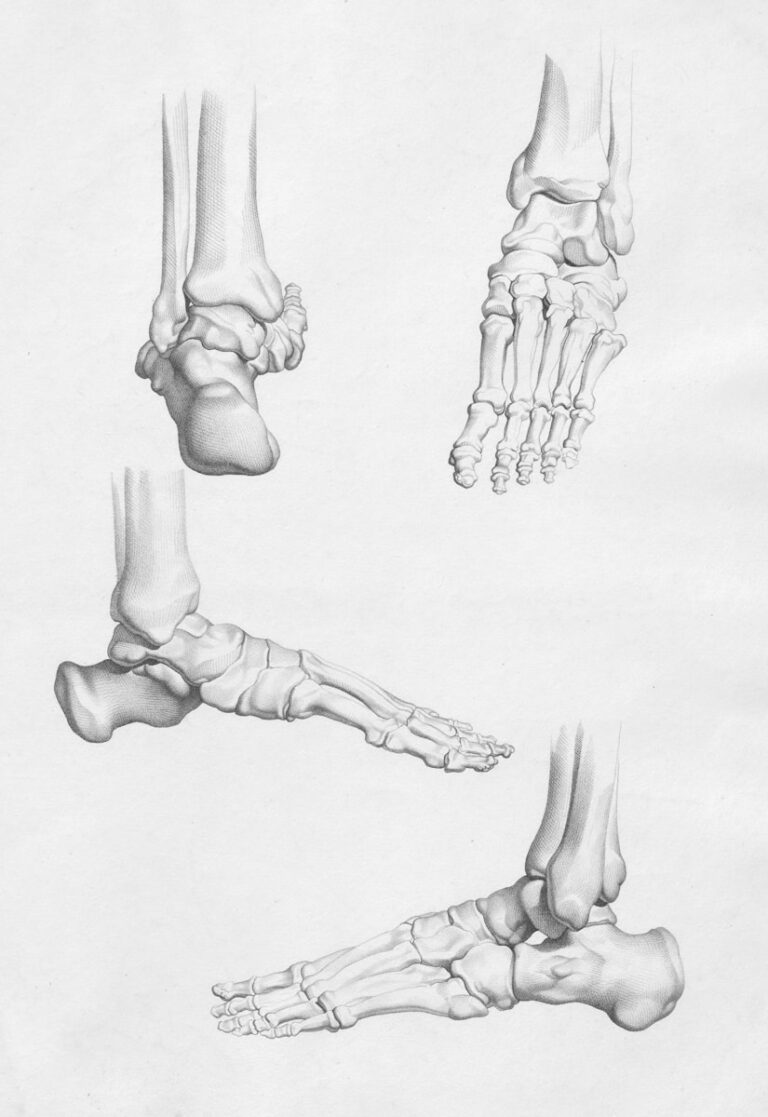
Is Leg-Lengthening Surgery Worth the Risk? What It Is, How It Works and Why It’s Not as Simple as Getting Taller
Leg-lengthening surgery has captured headlines for its ability to add inches to a person’s height, but the procedure...
Explore the fascinating world of Biology through insightful articles. Dive into topics ranging from cellular processes to ecosystems, uncovering the science of life in all its forms.

Leg-lengthening surgery has captured headlines for its ability to add inches to a person’s height, but the procedure...

Ask a biologist whether race is biologically real and you’ll hear a careful answer: human biological variation is...

Discover how human evolution continues today through subtle genetic changes, shaping disease resistance, behavior, and more. Uncover the...
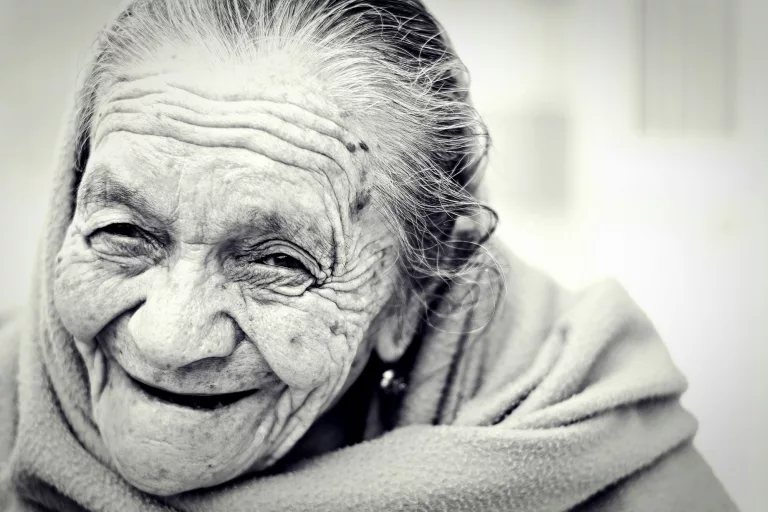
Explore why women outlive men by 5-7 years. Uncover the biological, social, and behavioral factors—from genetics to lifestyle...
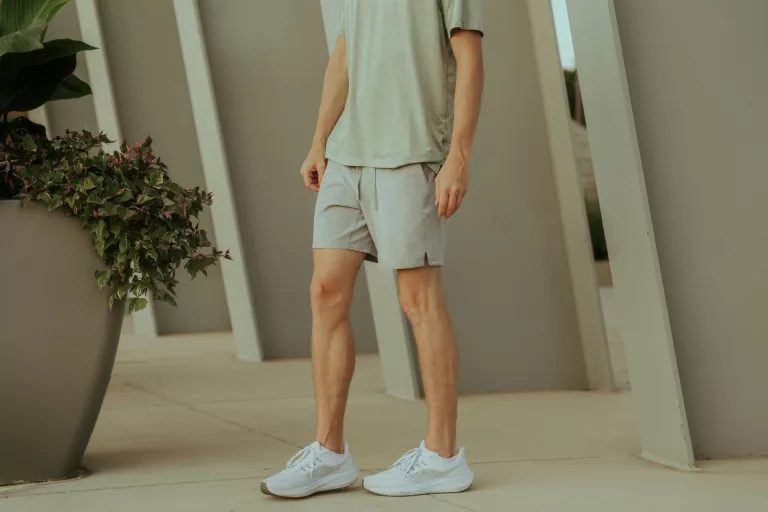
Discover why tall men die younger than shorter men. Explore the science, data, and biological trade-offs behind this...
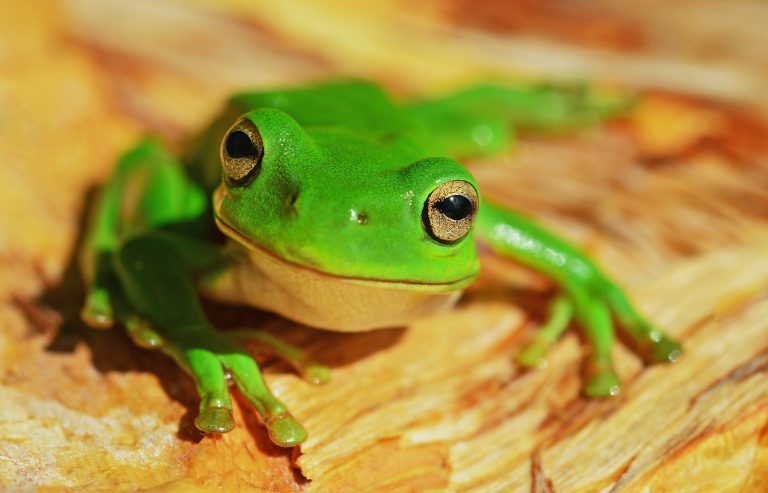
Discover why frogs are green: from camouflage in forests to biological pigmentation secrets. Learn how this color aids...

Discover 16 mind-blowing facts about fungi, from their animal-like DNA to mind-controlling abilities. Explore nature's most mysterious organisms!

Discover the genetics behind eye color, including melanin's role, inheritance patterns, and why eyes range from brown to...
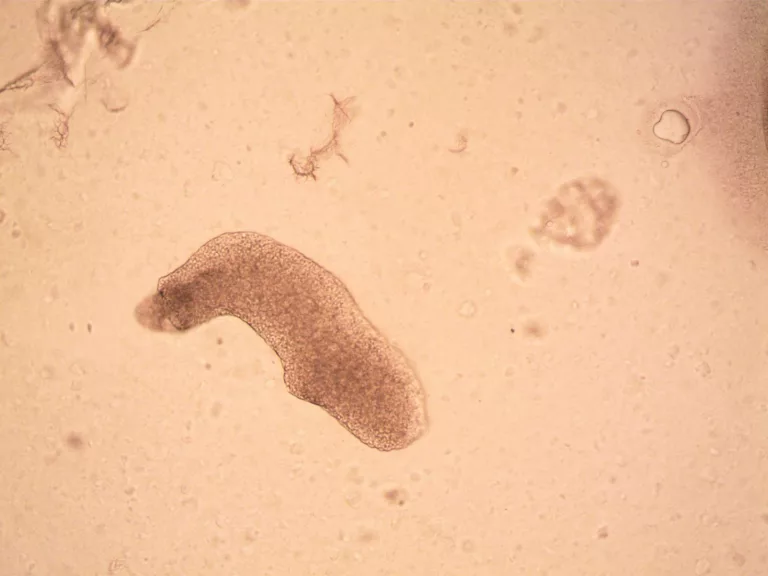
Discover how extremophiles thrive in Earth's harshest environments. Learn about their adaptations, implications for biotechnology, medicine, and astrobiology.

Discover superfetation: the rare medical phenomenon where a woman conceives again while already pregnant. Learn how it happens...

Explore how pheromones—invisible chemical signals—shape human behavior, social interactions, and reproduction. Uncover the science behind these powerful ...

Explore the human genome's 3 billion DNA base pairs, unlocking secrets of heredity, evolution, and personalized medicine. Discover...

Explore the science of bioluminescence: why creatures glow, how it aids survival, and its ecological impact. Discover nature's...

Discover semi-identical twins: a rare genetic phenomenon where twins share all maternal DNA but only partial paternal DNA....
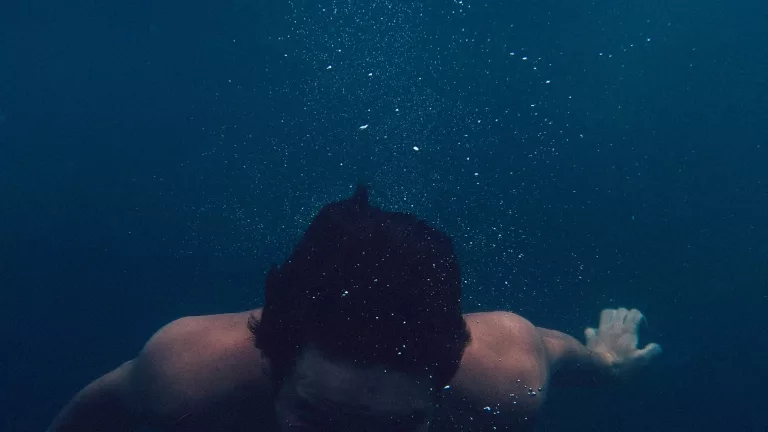
Discover how long humans can survive without air, the science behind oxygen deprivation, and survival scenarios from drowning...

Discover your unique microbial cloud—the invisible signature of bacteria and viruses you leave everywhere. Learn how it impacts...

Discover cryptobiosis, nature's ultimate survival trick. Learn how tardigrades and other organisms cheat death in extreme conditions. Explore...

Discover the key differences between torpor and hibernation. Learn how animals conserve energy with these distinct survival strategies...

Discover why some animals defy aging with negligible senescence. Learn the science behind their longevity and what it...

Explore the evolution of flightless birds like ostriches and penguins. Learn how they lost flight, adapted to thrive,...

Discover the science behind natural immunity to deadly diseases. Learn how genetics and evolution protect some individuals from...

Discover the science behind sudden hair color changes. Learn about melanin, stress-induced graying, and rare conditions like Marie...

Explore agenesis of the corpus callosum (ACC), a rare neurological condition where the brain's hemispheres lack connection. Learn...
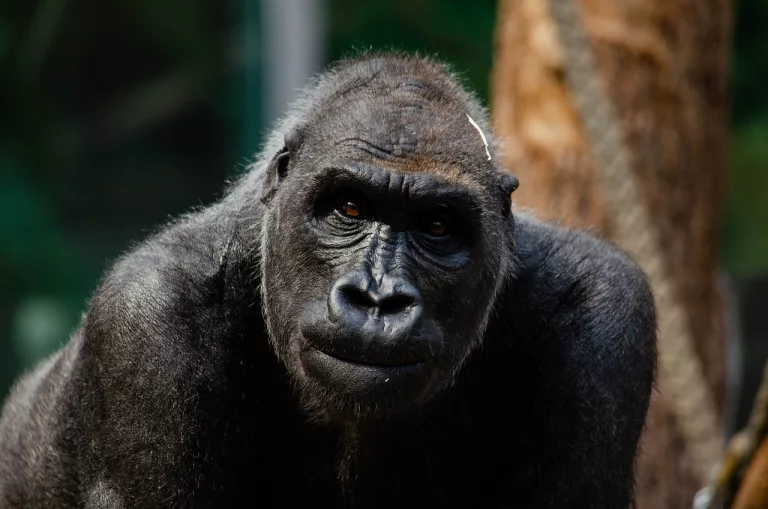
Discover why humans are weaker than primates like chimps and gorillas. Learn how our evolutionary trade-off for brain...

Discover rare genetic adaptations that enable humans to hold their breath for hours. Explore the science behind extraordinary...
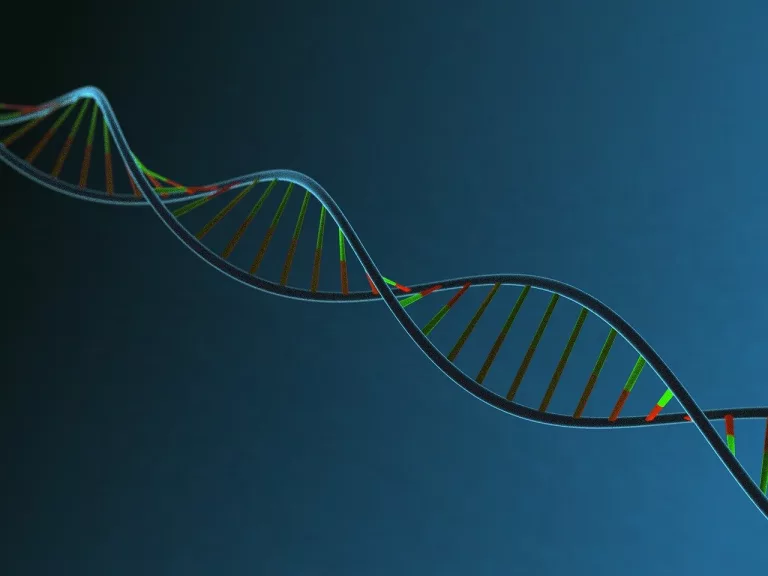
Explore the Lazarus Effect: how 'dead' genes revive to drive evolution. Learn about genetic reactivation, adaptation, and its...

Explore the rare phenomenon of mirror twins: their unique mirrored traits, the science behind their formation, and the...

Explore the rare phenomenon of supernumerary limbs: causes, medical challenges, and societal impacts. Learn about this fascinating biological...

Discover the science behind albino eyes: why some people have red or pale irises due to albinism. Learn...

Discover adermatoglyphia, the rare genetic condition causing fingerprint absence. Learn about its causes, implications for identity, and fascinating...

Discover the mystery of golden blood (Rh-null), the world's rarest blood type. Learn why fewer than 50 people...

Explore left-handedness: genetics, brain science, and evolutionary advantages. Is it a quirk or a hidden edge? Discover the...

Explore human chimerism: rare individuals with two sets of DNA. Learn how it occurs, its types, medical implications,...

Explore the mystery of vestigial organs & reflexes in humans. Discover why we have body parts we don't...

Discover the science behind heterochromia: why some people have two different eye colors. Learn about genetic causes, medical...

Discover 17 mind-blowing DNA facts: from data storage density to health secrets. Learn how DNA shapes who we...

Discover the purpose of REM sleep, its role in memory, emotional health, and dreaming. Learn how this vital...

Discover what stem cells are, their unique self-renewal and differentiation abilities, and their potential in regenerative medicine and...
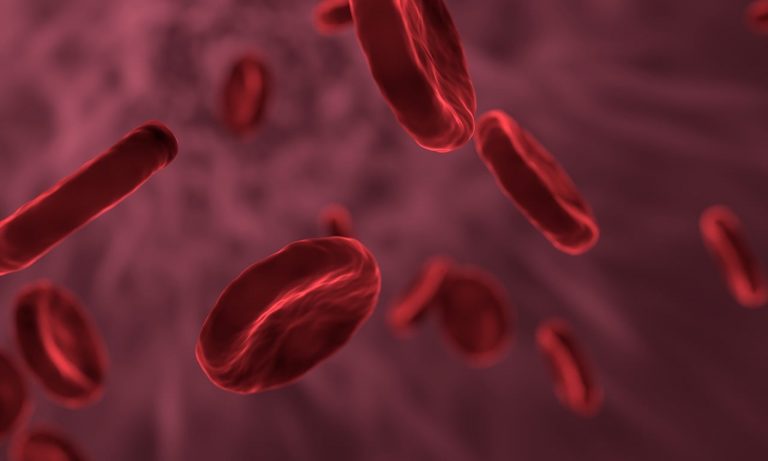
Discover 13 surprising facts about the human immune system, from its layered defenses to its adaptive capabilities. Learn...
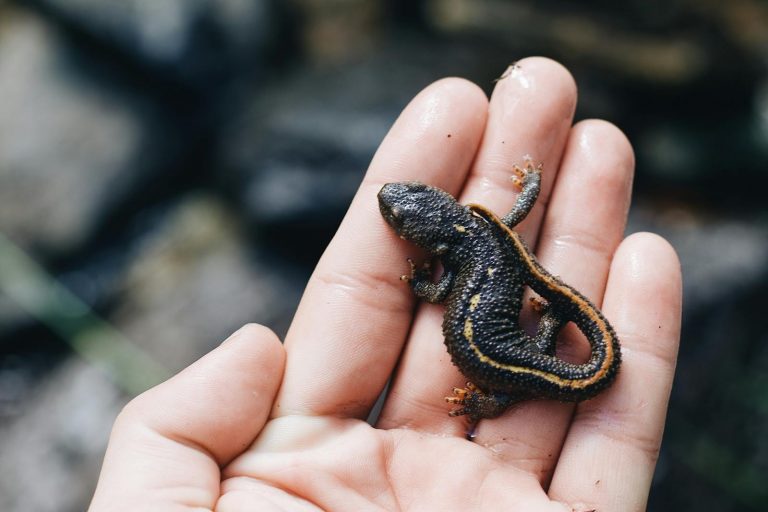
Explore the science of human regeneration: why we can't regrow limbs like salamanders, the biology behind it, and...

Discover why living without sleep is biologically impossible. Learn how sleep deprivation affects health, brain function, and longevity...

Explore the science of lucid dreaming: how it works, brain mechanics during REM sleep, and techniques to control...

Explore bioacoustics: the study of how organisms produce, transmit, and receive sound. Learn its applications in ecology, conservation,...
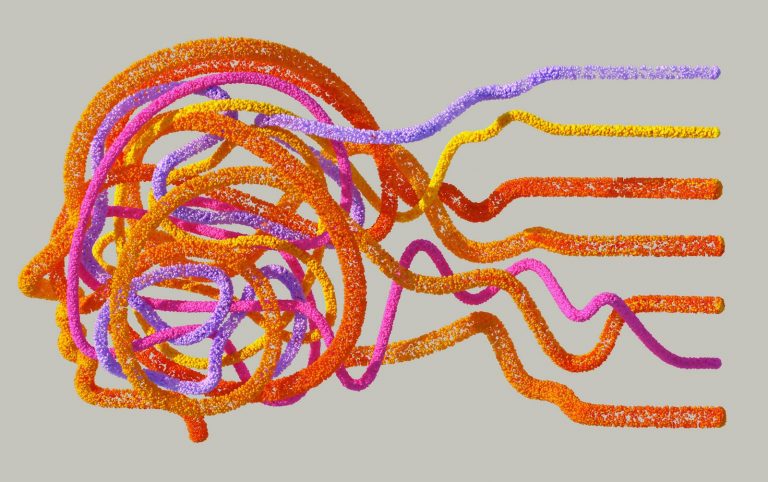
Explore synthetic biology: designing and building new biological systems for medicine, energy, and more. Learn how it works,...

Discover why the penis shrinks in cold temperatures. Learn about thermoregulation, biological processes, and why it's a normal,...
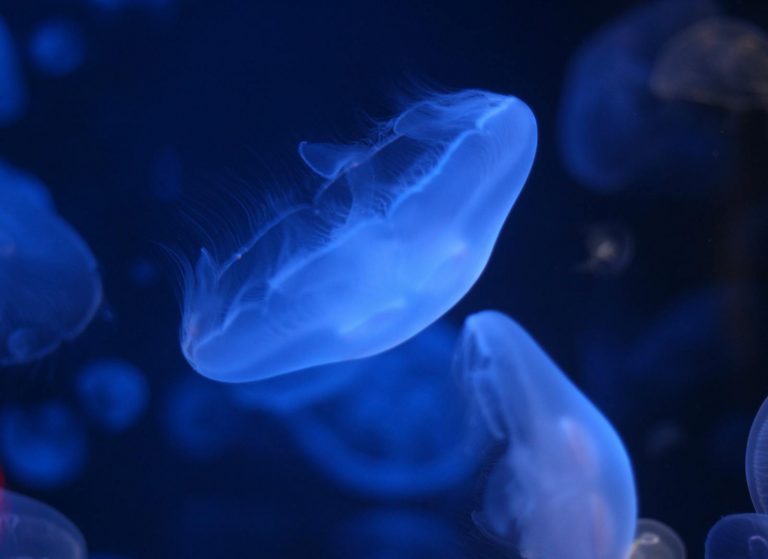
Explore the science of deep-sea bioluminescence: how creatures produce light for survival in total darkness. Learn about cold...

Explore the science behind polydactyly—why some people have six fingers. Learn about genetic causes, types, and medical treatments...

Discover why cockroaches are so resilient and hard to eliminate. Learn about their rapid reproduction, tough exoskeleton, and...
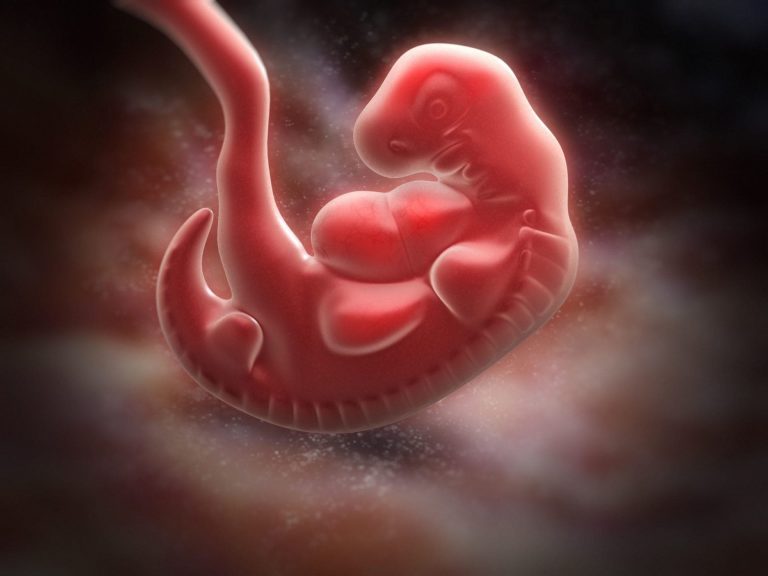
Discover why some babies are born with tails. Learn about vestigial tails, pseudotails, and the medical science behind...

Discover why Scandinavians are among the world's tallest people. Learn about genetics, diet, lifestyle, and historical factors that...